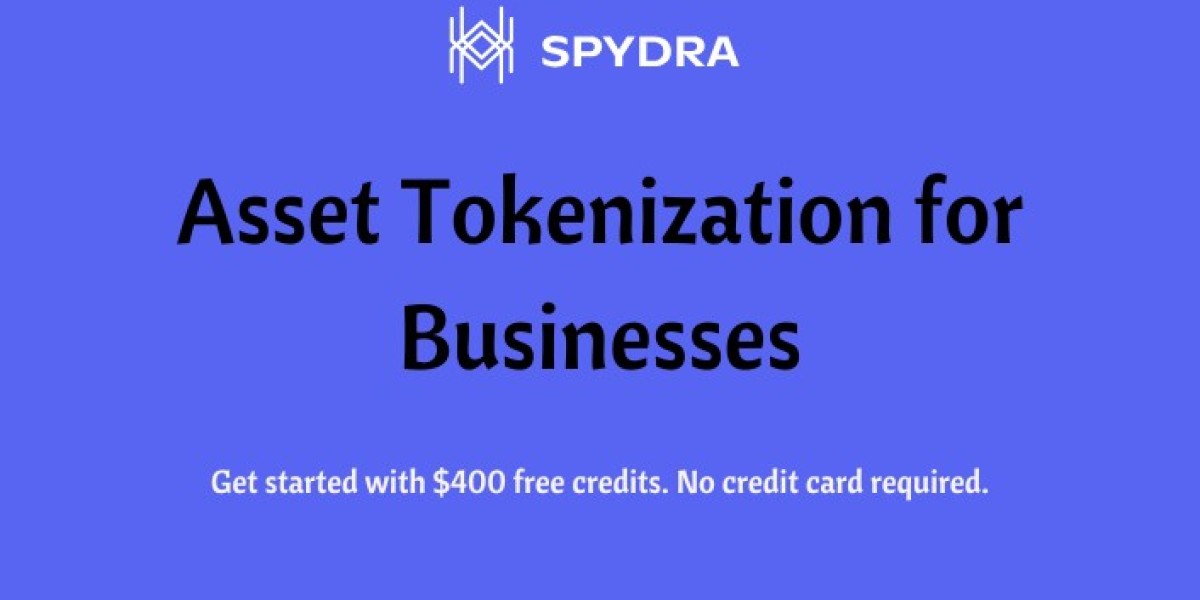The real estate landscape is shifting rapidly, and real estate tokenization is leading the way in transforming traditional property investment. With blockchain technology at its core, this innovation is making property ownership more transparent, accessible, and efficient. Modern asset tokenization platforms are Central to this transformation, enabling the digitization of physical assets. These platforms, supported by experienced blockchain solution consultancies, are fundamentally changing how we buy, sell, and invest in real estate.
In fact, the global tokenized real estate market is expected to grow significantly in the coming decade, with forecasts suggesting multi-billion-dollar growth. As more investors seek diversification and liquidity, understanding what asset tokenization is becomes essential.
What is Asset Tokenization?
Asset tokenization is the process of converting ownership rights of a tangible asset—such as a piece of real estate—into digital tokens stored on a blockchain. Each token represents a fraction of ownership, giving multiple investors the ability to own and trade parts of an asset without needing to purchase it in its entirety.
This model is especially valuable in the real estate sector, where high entry costs have historically limited access to property investment. Through tokenization, a $10 million property can be divided into thousands of digital tokens, each representing a small share. Investors can buy one or many, depending on their budget and goals.
How Real Estate Tokenization Works
The process of real estate tokenization begins with selecting a suitable property. Legal and financial structuring follows, ensuring that the rights of token holders are clearly defined. An asset tokenization platform is then used to create the digital tokens, which are recorded and managed using blockchain technology.
Once tokenized, the property is listed on a compliant marketplace, where investors can purchase tokens using fiat or cryptocurrency. These tokens can be held for income (like rent distributions) or traded on secondary markets, offering liquidity that traditional real estate investments lack.
Blockchain solution consultancies play a key role in this process, providing the technical and regulatory expertise needed to ensure compliance and operational success.
Key Benefits of Real Estate Tokenization
1. Liquidity
Real estate is traditionally illiquid. Selling a property can take months, but tokenization enables quick, even real-time trading on digital platforms. Investors can exit positions with ease.
2. Fractional Ownership
Tokenization breaks down large assets into small units. This democratizes investment, allowing individuals to invest in premium properties with modest amounts of capital.
3. Global Accessibility
Investors from around the world can access tokenized real estate, breaking geographical barriers and opening up markets to a global pool of participants.
4. Transparency and Security
Thanks to blockchain’s immutable ledger, transactions are secure, transparent, and traceable. This builds trust among investors and reduces the risk of fraud.
5. Cost Efficiency
By reducing reliance on intermediaries like brokers and banks, tokenization minimizes fees and simplifies the property transaction process.
Market Trends and Future Outlook
The global interest in real estate tokenization is on the rise. Experts predict that tokenized assets could represent a multi-trillion-dollar market within the next 5 to 10 years. Tokenized home equity, commercial buildings, and rental properties are increasingly being explored by both institutional and individual investors.
As blockchain regulation becomes more defined and asset tokenization platforms become more user-friendly, adoption is expected to surge. Additionally, more real estate companies are partnering with blockchain solution consultancies to ensure secure, scalable implementations.
Challenges to Consider
Despite the advantages, several challenges still exist. The legal framework surrounding tokenized assets varies by region and continues to evolve. Additionally, market education is necessary to build investor confidence. Technological complexity can also be a barrier, making it essential to work with seasoned professionals.
Final Thoughts
Real estate tokenization is reshaping property investment, offering new levels of access, flexibility, and efficiency. With the support of advanced asset tokenization platforms and guidance from reliable blockchain solution consultancies, the future of property ownership is becoming decentralized and digital.
Now is the time for investors, developers, and institutions to explore what asset tokenization is and how it can redefine their approach to real estate.
Book Real Estate Tokenization Demo : https://www.spydra.app/real-estate-tokenization






